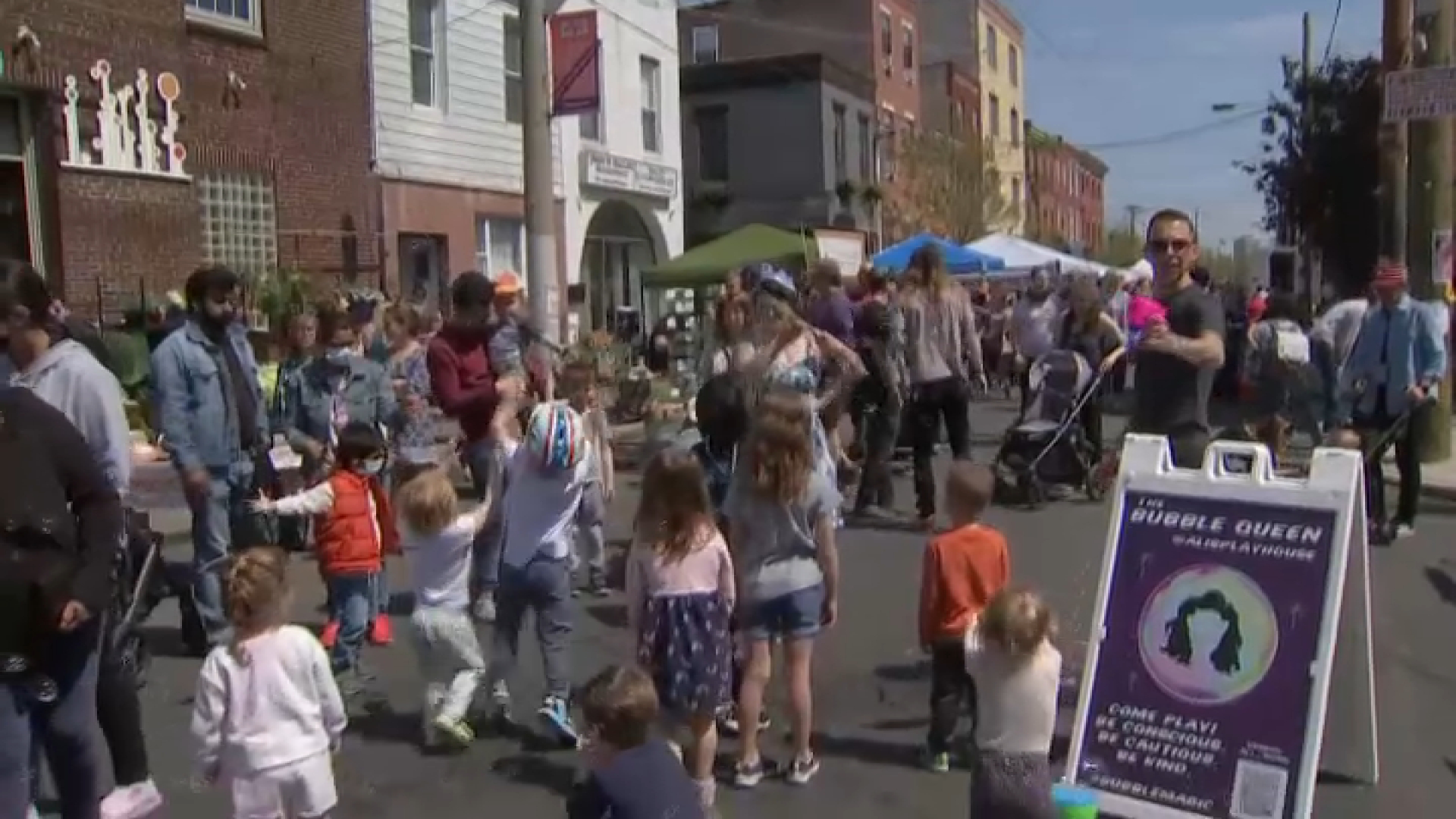What to Know
- Danielle Outlaw became Philadelphia's first Black female police commissioner in February 2020, weeks before the COVID-19 pandemic shut down the city.
- Recent studies in Philadelphia and nationally have linked the coronavirus to significant increases in gun violence and homicides.
- Outlaw, who spent her entire career previously on the West Coast, says she still is "treated like an outsider."
In her first year on the job as top cop in Philadelphia, Danielle Outlaw oversaw responses to a pandemic, civil unrest not seen in decades, a reckoning for American policing and some of the worst gun violence in the city's history.
It would have been a tough year for any police commissioner, nevermind one relocating from a career on the West Coast.
Outlaw, in an interview with NBC10, said she is still trying to fit in as a commissioner brought in from another part of the country.
Get Philly local news, weather forecasts, sports and entertainment stories to your inbox. Sign up for NBC Philadelphia newsletters.
"Quite honestly, I didn't feel like an outsider when I got here. I was treated like an outsider," she said. "And I'm still treated like an outsider."
Outlaw made history when she became the first Black female commissioner last year. She took the job in February, slightly more than a month before the COVID-19 pandemic changed American life.
If overseeing law enforcement during the coronavirus wasn't enough for the first-year commissioner, Outlaw then had to deal with protests across the city following the death of George Floyd. The Black man died at the hands of police in Minneapolis in May, sparking nationwide protests.
Local
Breaking news and the stories that matter to your neighborhood.
The police response in Philadelphia included teargassing protesters on the Vine Street Expressway in Center City and shooting rubber bullets and more tear gas into crowds in West Philadelphia.
Outlaw and Kenney, after weeks of criticism, apologized for the city's response to the civil unrest sparked by Floyd's death. While they held onto their jobs, Kenney's top official, the city's managing director, Brian Abernathy, lost his. Abernathy was one of Outlaw's biggest supporters when her hiring was announced.
Amid the tumultous year in Philadelphia, homicides and aggravated assaults reached historic levels. The city finished with 499 homicides, the second highest total of the last 60 years, according to police department records. (There were 500 slayings in 1990.)
Outlaw, in the interview with NBC10, blamed the pandemic for the rise in gun violence. Other recent studies, including one by PennMedicine medical researchers, lend support to her argument.
"The numbers for sure aren't helping me out," she said. "But they're not helping anyone out. And I would really, really, really be even more concerned if it was specific to Philadelphia. There are so many other cities, major, mid-size, smaller cities, that are experiencing this same thing."
A study by the National Commission on COVID-19 and Criminal Justice found that homicides in dozens of cities across the United States saw homicides and other gun violence-related crimes increase significantly in 2020.
"That tells me there is a commonality, a common theme there, right? And it's this pandemic," Outlaw said.
Still, experts believe the pandemic played a part in a larger issue that includes police officers' morale, motivations and strategies following the protests against police brutality this summer.
"'Why would I engage in pro-active work when people are looking for me to make a mistake?'" Temple University criminologist Jerry Ratcliffe said in November of thoughts cops may be having. "'Why do a stop and have 10 cameras come out looking for me to get fired?'"
"A whole range of signals, some more significant than others, that officers are receiving, says that we don’t want the police to engage in as much pro-active work," Ratcliffe added.
Meanwhile, the rise in gun violence has occurred in hand with a decrease in arrests for those crimes. An NBC10 Investigators analysis published in November found that police solved just 16% of non-fatal shootings and just 30% of gun homicides.
Philadelphia Police Deputy Commissioner Ben Naish, who oversees investigations, including gun crimes, told NBC10 that police were overwhelmed with the surge in shootings. He blamed COVID-19 and the summer’s civil unrest.
“I think it’s fair to say there became this sense of lawlessness,” Naish said.



